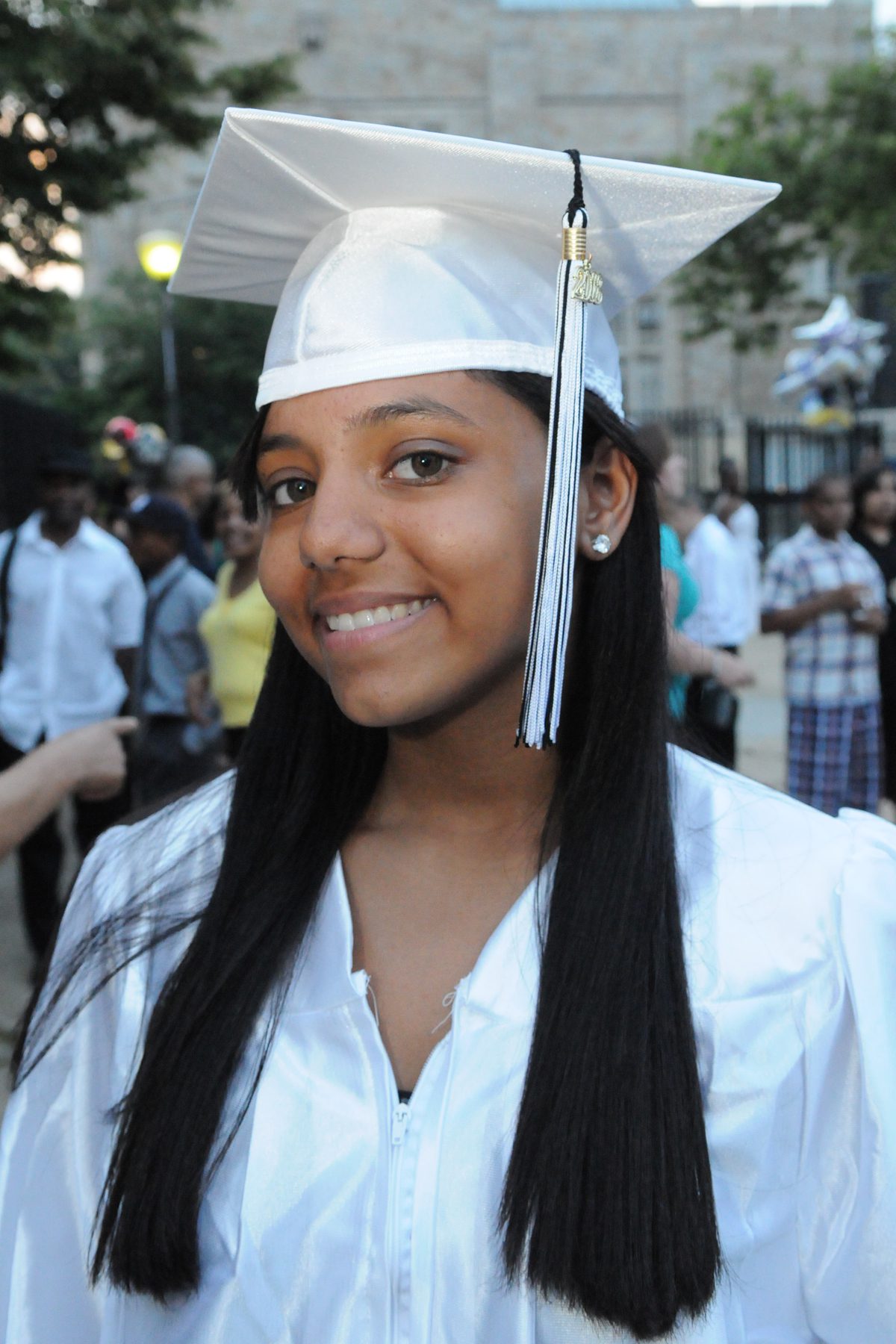
“I Have a Dream” Foundation Helps Low-Income Children Achieve Every Possible Dream
“I Have A Dream” Foundation is making sure that every child can go to college and succeed in school and in life, no matter who they are or how much money their families have. IHDF begins working with kids early on, to make sure the message gets through loud and clear: you can be somebody, go to college, and get ahead. And it’s not just a message, but support at every level, to ensure that college is not just a dream, but a reality for every child who desires success.
That IHDF has the right formula—a formula that’s working—is clear enough. It’s also clear that this effort deserves our support, which is why Kars4Kids was pleased to award the “I Have A Dream” Foundation with one of our small grants. We turned to the “I Have A Dream” Foundation President and CEO Eugena Oh, to learn more about the work of IHDF:
Kars4Kids: Can you tell us about the demographic of the “I Have A Dream” Foundation?
Eugena Oh: The “I Have A Dream” Foundation serves young people, their families, and communities across nine states in fifteen different regions and in New Zealand. The majority of Dreamers come from low-income families, with 94% qualifying for free or reduced lunch. Most Dreamers are the first in their families to graduate college—84% do not have a parent or guardian with a 4 year degree. 85% of Dreamer Scholars identify as Latinx or Black.
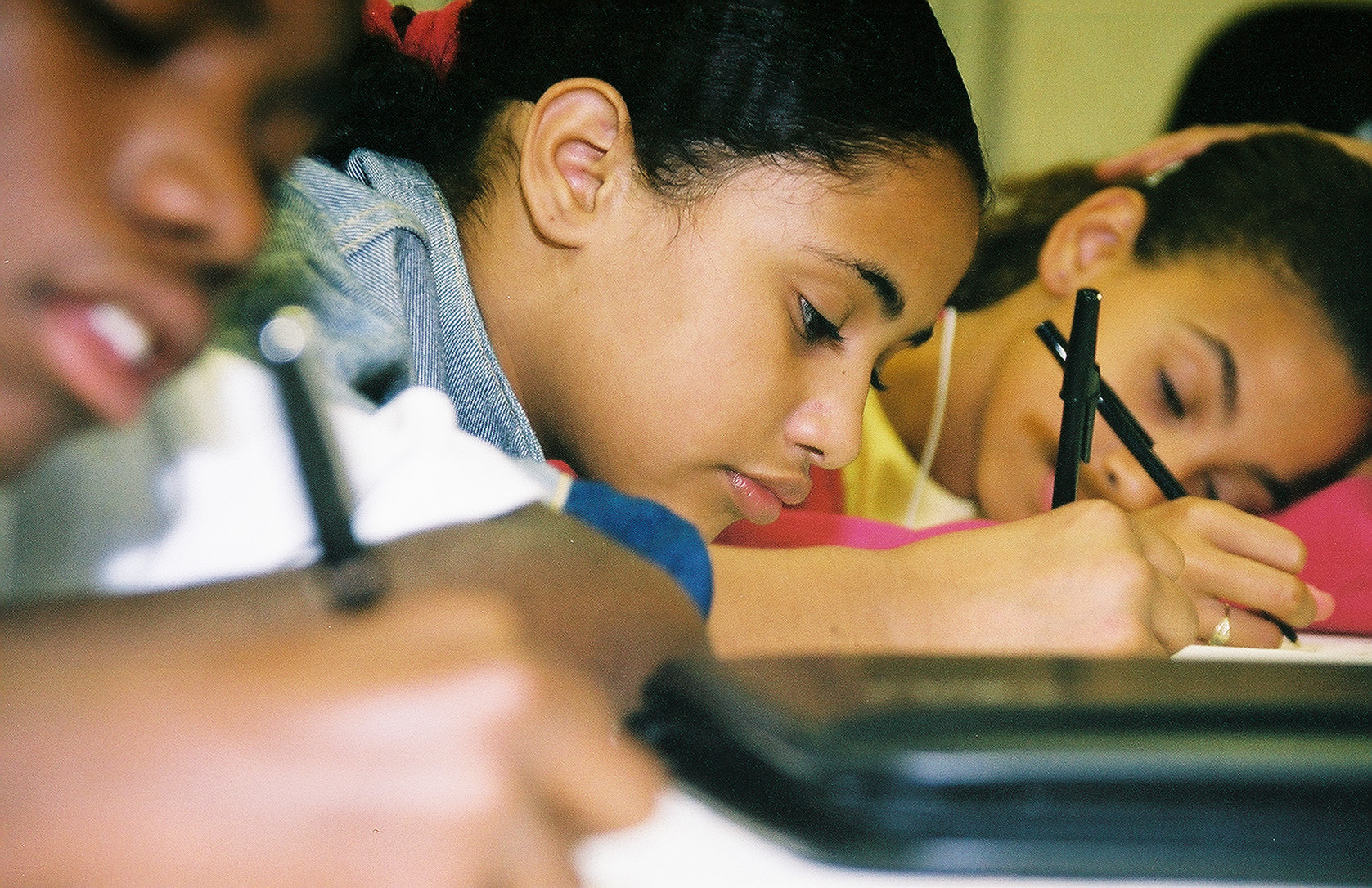
Kars4Kids: How many children has I have a Dream served?
Eugena Oh: Since our founding 1981, we have served nearly 18,000 young people.
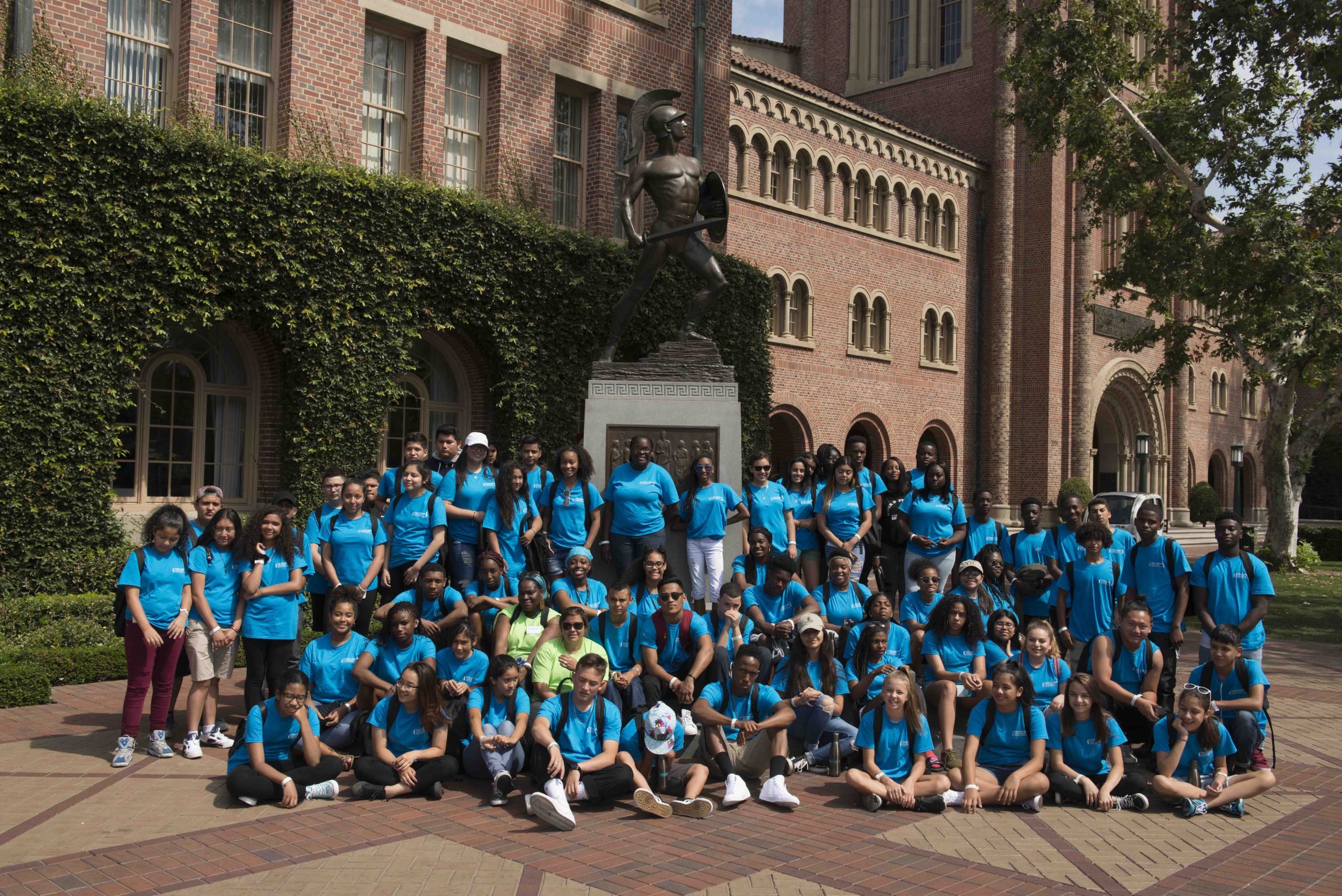
Kars4Kids: You offer support from kids from kindergarten or at least no later than the third grade, through college. What is the necessity for long-term support?
Eugena Oh: “I Have A Dream” Foundation is a movement that empowers young people to achieve their dreams through education and mentoring. We provide academic, financial, and emotional support to students, their families, and their communities to overcome social inequity. We build trust by partnering with young people from kindergarten to career, ensuring that they become compassionate and have meaningful choices, to create a more just society. In order to do this life-changing, generation-trajectory-changing work, we need to invest in building deep, authentic, and trusting relationships with those that we serve. There is no short cut to developing trust, which is why we put in the time.
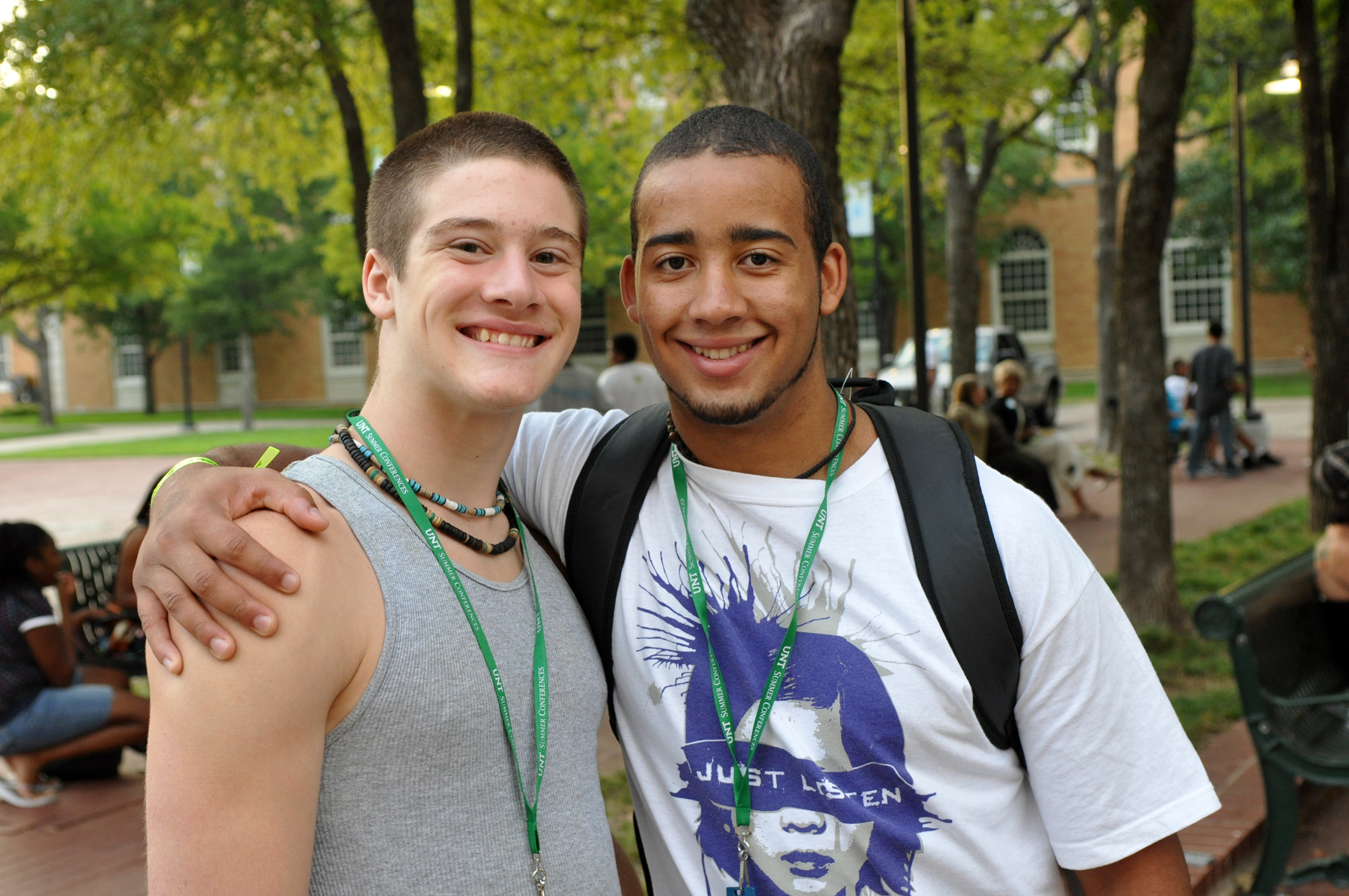
Kars4Kids: Is later than third grade, too late? Why?
Eugena Oh: I would argue that it is never too late; any life and every life has potential and is deserving of the opportunity to unlock that potential. We have chosen to begin earlier than third grade because there are some specific academic benchmarks that we are looking to hit by the third grade. In order to do so, we needed to begin our programming prior to third grade.
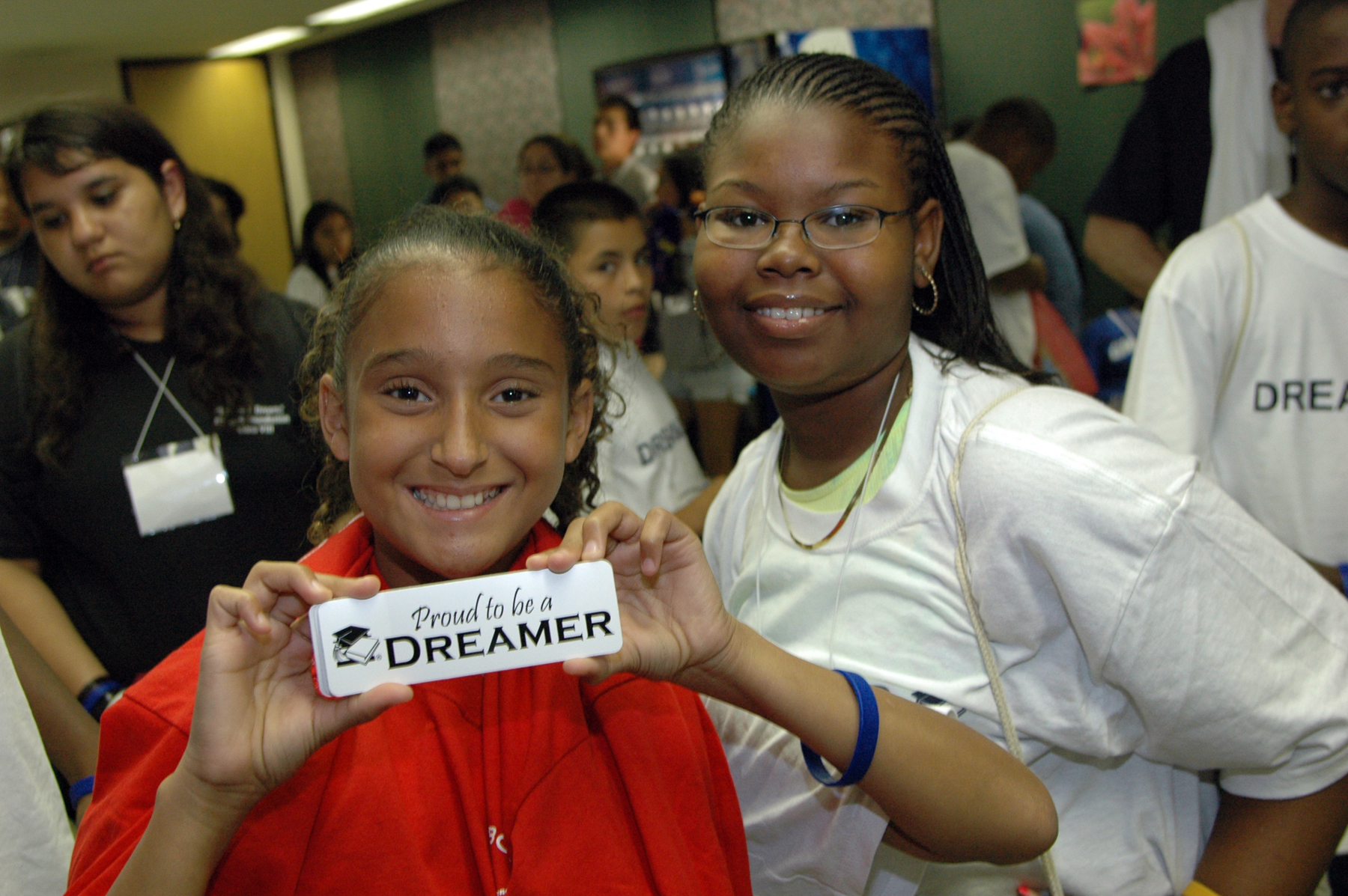
Kars4Kids: One of the most striking facets of I Have a Dream is postsecondary tuition assistance. Why is this important?
Eugena Oh: We have found that there are profound positive psychological impacts to children and families being told that the financial barrier to college is being removed or effectively lowered. In fact, studies have shown that students with as little as $499 in college savings are three times likelier to attend, and four times likelier to graduate, from a four-year degree program. These impacts, coupled with the obvious benefit of providing direct financial assistance for school to families that need the financial assistance, highlight the importance of postsecondary tuition assistance. Our founder, Mr. Eugene M. Lang began “I Have A Dream” Foundation with an impromptu promise that he made to pay for the college tuition of a class of graduating six graders from his alma mater elementary school, P.S. 121 in 1981. We honor his legacy and his vision by continuing to include financial support towards postsecondary educations in our core programming.
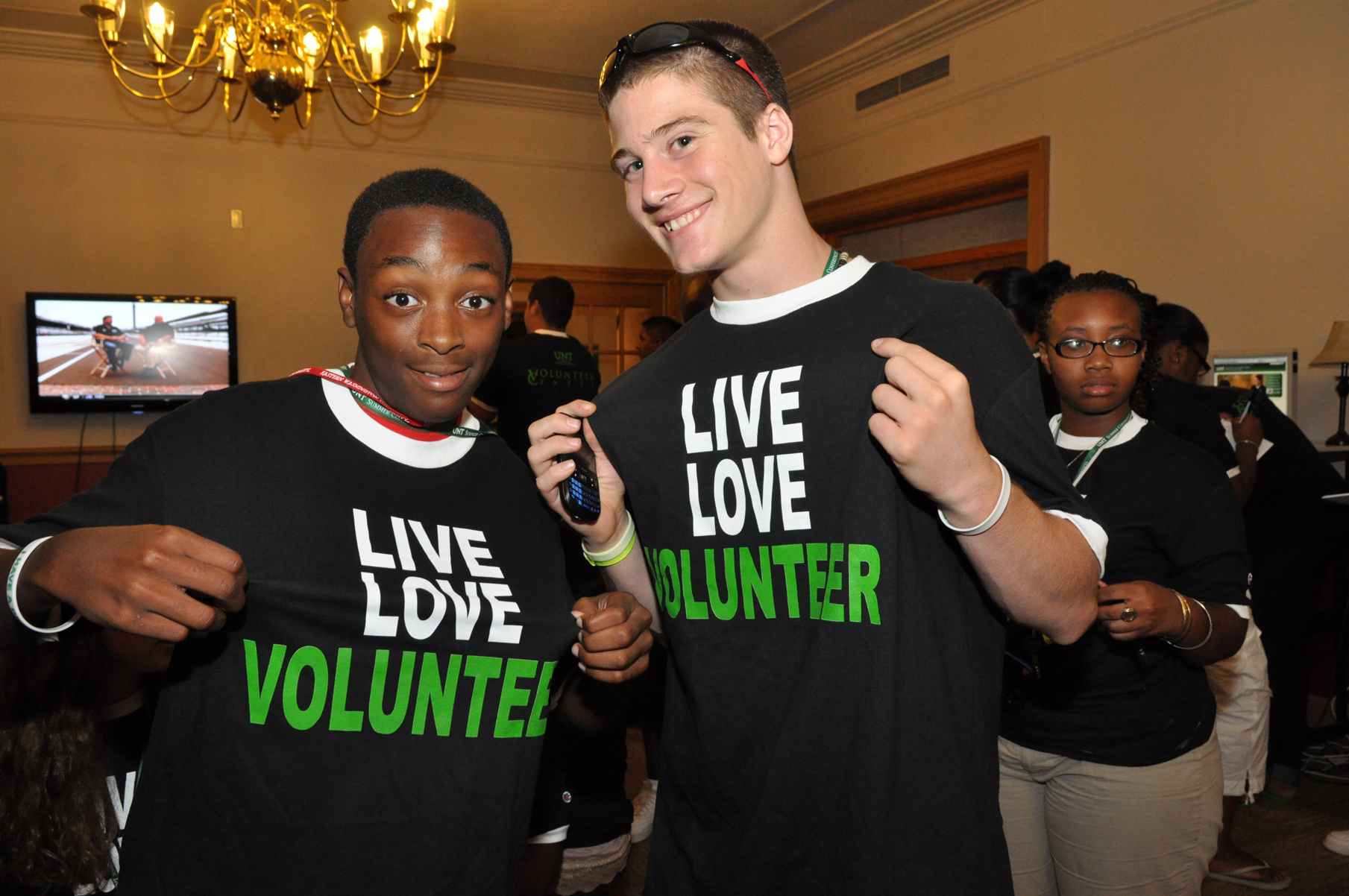
Kars4Kids: Can you tell us about the Dream Up program?
Eugena Oh: Dream University Prep (Dream UP) is “I Have A Dream” Foundation’s summer college immersion experience, aimed at reinforcing our college-going goal and culture within “I Have A Dream” Foundation, and inspiring each Dreamer to find their best fit college.
Each year, talented middle and high school Dreamers from across the nation come to a college campus to engage in a number of activities aimed at college readiness. The Dreamers live in college dorms, eat in the dining hall and attend workshops in college classrooms. The workshops are all aimed at reinforcing the goal of college success by emphasizing topics such as academic persistence, career exploration, and financial literacy, while the social activities are designed to foster a sense of unity amongst Dreamers from around the country. For many of our Dreamers, attending Dream UP is their first experience traveling out of state, and with their peers.
Over the past 16 years we have organized this college immersion experience across the country and Dreamers have learned about universities such as University of Miami, Loyola Marymount University, Boston College, and American University.
Unfortunately, due to travel restrictions during the COVID-19 pandemic, we were unable to host an in-person Dream UP in 2020.
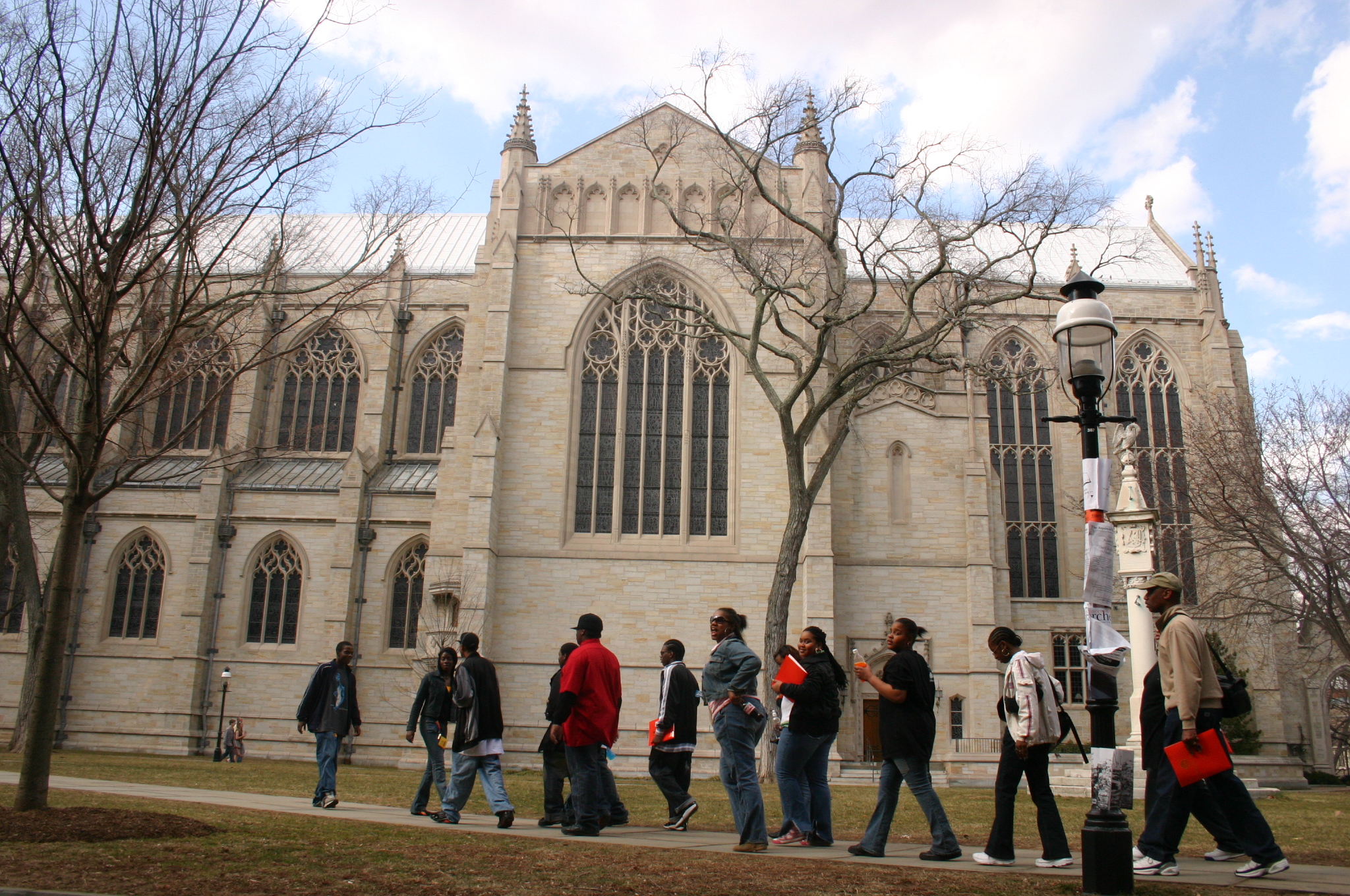
Kars4Kids: How do kids find their way to your program?
Eugena Oh: “I Have A Dream” Foundation works with the community to conduct a needs assessment and engage a partner to host a program. Typical program partners include schools, public housing developments, and religious institutions. Once a program partner is found, every child in the appropriate age group is invited to become a Dreamer. For example, we may engage with an entire kindergarten class, or grade, or every kindergarten aged student within a specific housing development.
There are no academic or behavior requirements to become a Dreamer – we believe deeply in equity and the potential of every child and promise to meet every child where they are, to unlock their fullest potential. This often means that we work with children who have a wide range of academic, emotional, and social needs. We promise to partner deeply with our families to ensure that their children have every opportunity in life to achieve their dreams.
IHDF from “I Have A Dream” Foundation on Vimeo.
Kars4Kids: What is the Dream Accounts program and why is it necessary?
Eugena Oh: Low and moderate income children with college savings between from $1-$499 are 3 times more likely to attend college and 4 times more likely to graduate college. Through our DREAM Accounts Program, students earn college savings account contributions by completing critical, grade-based academic and social milestones on the path to and through college. The Dream College Savings Accounts Program reinforces a culture of college and provides families and Dreamers with financial literacy resources, education and offsets the costs of college tuition and supplies.
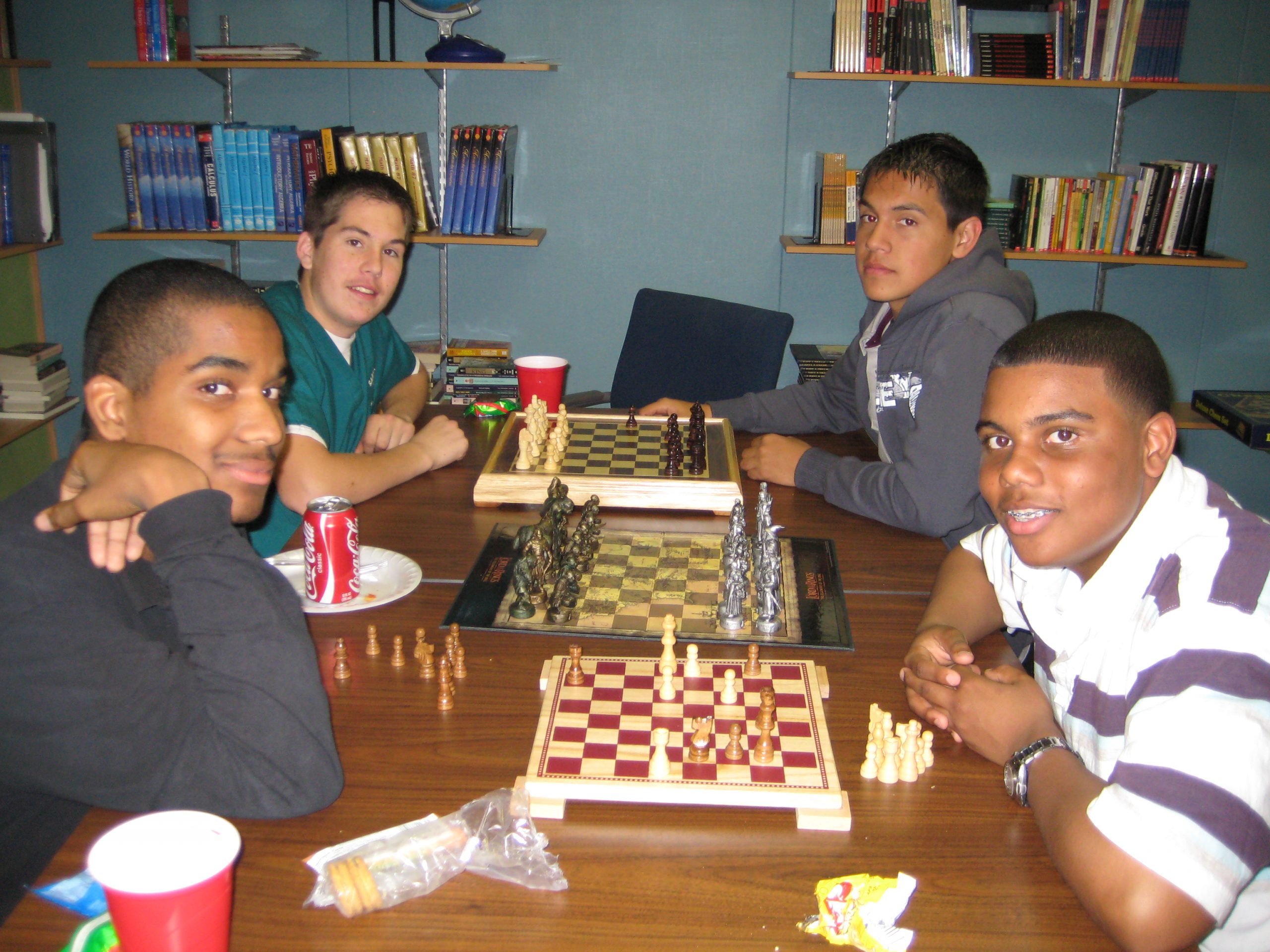
Kars4Kids: What is Dreamer to Dreamer? Why do college students require mentoring?
Eugena Oh: The “I Have A Dream” Foundation has proudly worked with over 18,000 students (“Dreamers”) living in low-income communities to help transform their lives by providing higher educational opportunities. In this time, we have learned the hard lesson that our Dreamers need support not just in getting to college, but also through college. Once in college, they are faced with numerous challenges – both academic and non-academic – that can negatively impact their chances of post-secondary success, including navigating financial aid, seeking academic support, procuring internships, feelings of social isolation, and acclimating to college life and culture.
Our national Dreamer to Dreamer Mentoring program improves the college graduation rates of our current Dreamers by pairing a Dreamer entering college with an alumni Dreamer mentor to provide high-touch, one-on-one mentorship that supports Dreamers in navigating the challenges of transitioning from high school, to college, career, and beyond. Our alumni have walked in the shoes of our Dreamers and have a deep understanding of what is needed to persist and graduate with a degree. Through in-person meetings, online check-ins, group gatherings, and more, alumni Dreamers will help their younger counterparts successfully overcome the stumbling blocks that often stymie the most talented students from graduating from college.
The Dreamer to Dreamer Mentoring Program allows us to leverage one of our richest resources – our own alumni Dreamers – to improve outcomes for our current Dreamers, and guarantee the presence of high-quality, committed, and experienced mentors.
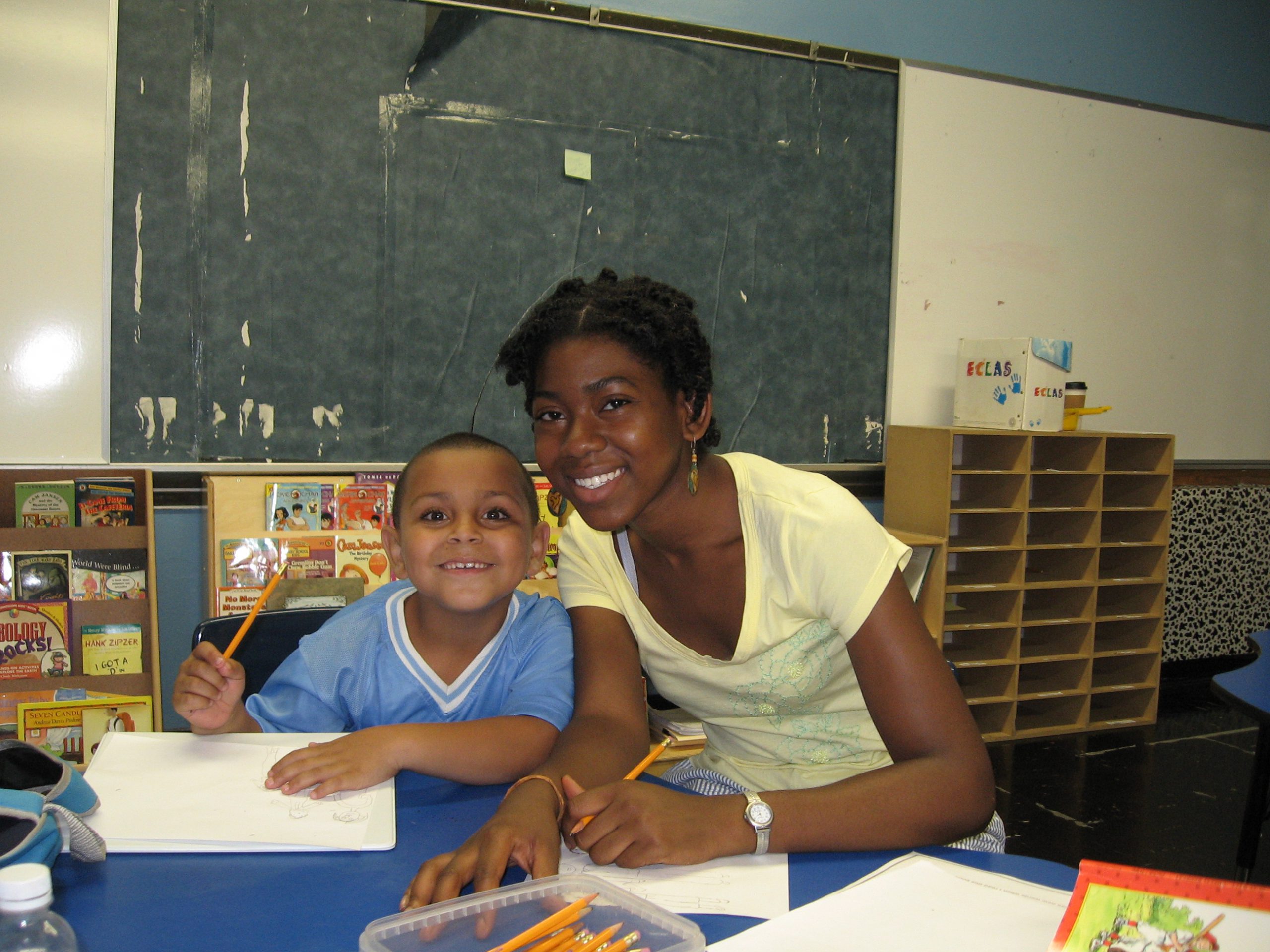
Kars4Kids: Can you tell us more about the founder of I Have a Dream?
Eugena Oh: IHDF was founded in 1981 by Eugene M. Lang, a visionary philanthropist, who returned to his East Harlem elementary school as a graduation speaker and promised to provide financial assistance for college to anyone in that sixth grade graduating class who graduated high school. As Mr. Lang got to know the students, whom he called Dreamers, he found that his mentorship was, in many ways, more important than his financial resources. As with today’s Dreamers, many of the students in the founding class were the first in their families to aspire to college, and they needed guidance navigating academic requirements and college applications. But, as critical as the academic and application support were, the social-emotional skills, social capital, and self-advocacy support that Dreamers required and requested of Mr. Lang along the way proved to be critical to their college success.
Today, IHDF includes a network of 14 affiliates spread over nine cities, serving over 4,000 young people. IHDF’s programs combine an array of best practices honed over the past 39 years:
- Long-term commitment: Consistent, comprehensive support lasts from first grade to high school (and often beyond).
- Tuition assistance: Dreamers receive financial support for postsecondary education through tuition guarantees and/or College Savings Accounts (DREAM Accounts).
- Focus on low-income participants: Groups of Dreamers are identified through poverty indicators such as eligibility for free or reduced-price lunch.
- Inclusive programming: Rather than selecting students based on academic ability, IHDF welcomes all age-appropriate children in the partnering organization (class, school, housing development etc.) at program inception.
- Consistent adult relationships: IHDF staff, mentors, tutors, and program volunteers establish consistent, dependable relationships with Dreamers.
- Family engagement: IHDF works with families directly to help parents understand how they can best support their children.
- Service learning: In the spirit of Mr. Lang’s dedication to civic responsibility, all Dreamers regularly participate in service learning and learn the importance of a lifelong commitment to giving back to the community.
- Focus on outcomes: Programs and services drive towards evidence- and research-based outcomes and indicators specific to students’ age levels; programs are committed to continuous improvement of outcomes and using data to drive insight for program continuous improvement.
- Continuous evaluation, research, and innovation. IHDF utilizes our performance measurement and outcomes to drive insight and develop program resources.
- Building affiliate capacity through technical assistance, professional development, training, and provision of tool kits, fundraising tools, and other materials. Professional development opportunities include an annual national staff conference, hosted by national headquarters.
- Serving as a thought leader and promoter of the national brand. IHDF is called upon by national and local leaders to participate in the educational landscape to assure the youth we serve are represented and supported, and we also recently underwent a national rebranding to create a cohesive, unified look, feel, and voice, the benefits of which extend to local affiliates.
- Developing and implementing national program offerings, with focus this year on programs aimed at COVID-19 support and increasing Dreamers’ college graduation rates.
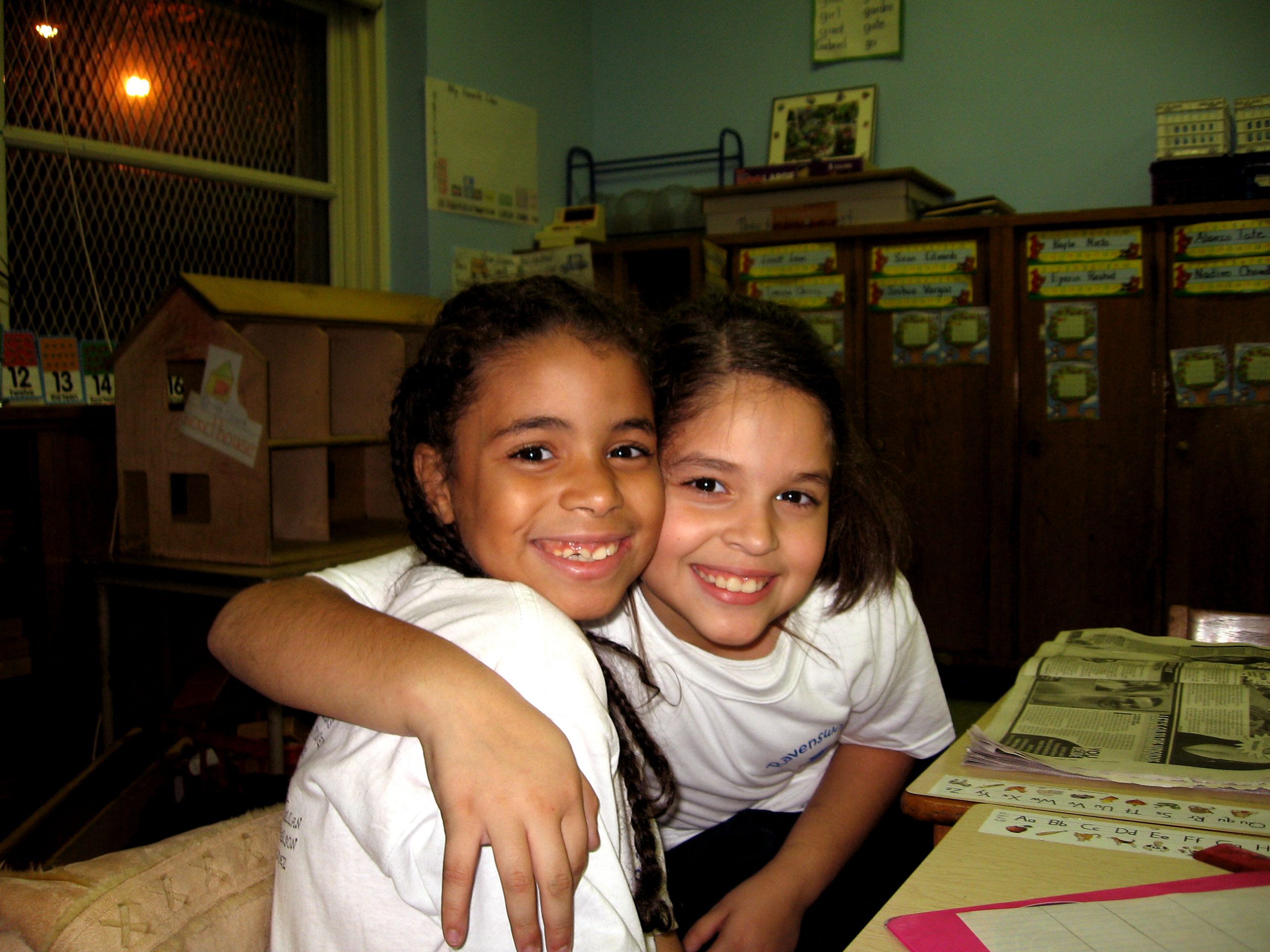
Kars4Kids: What’s next for the “I Have A Dream” Foundation?
Eugena Oh: Our goal at “I Have A Dream” Foundation is to continue to serve our Dreamers with high quality programming and to serve even more Dreamers in our current communities and beyond. During the COVID-19 pandemic, our programming has necessarily shifted to meet our Dreamers and families where they are by filling more critical gaps that have been created as a consequence of the economic fallout of the pandemic. Initially we focused more on food insecurity and economic hardship, as well as shifting most of our program service delivery to a virtual platform. Now, as the 2020-2021 school year is underway, it is clear that our children will need additional supports to fill academic, educational gaps exacerbated by a remote school year, as well as continued social services including food and nutritional support and mental health services. As ever, we are working to meet our Dreamers and families where they are and lining up additional resources to ensure that our Dreamers continue to have their needs met and have the opportunity, resources, and inspiration to learn and thrive in an incredibly challenging environment.